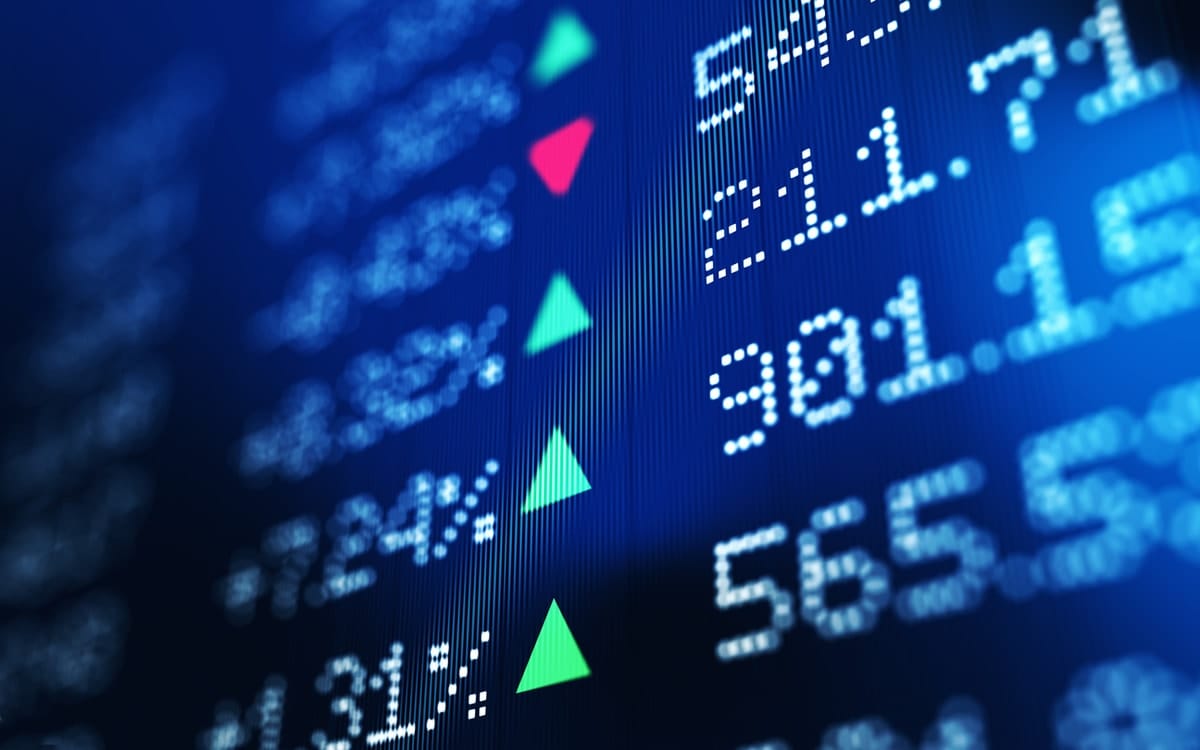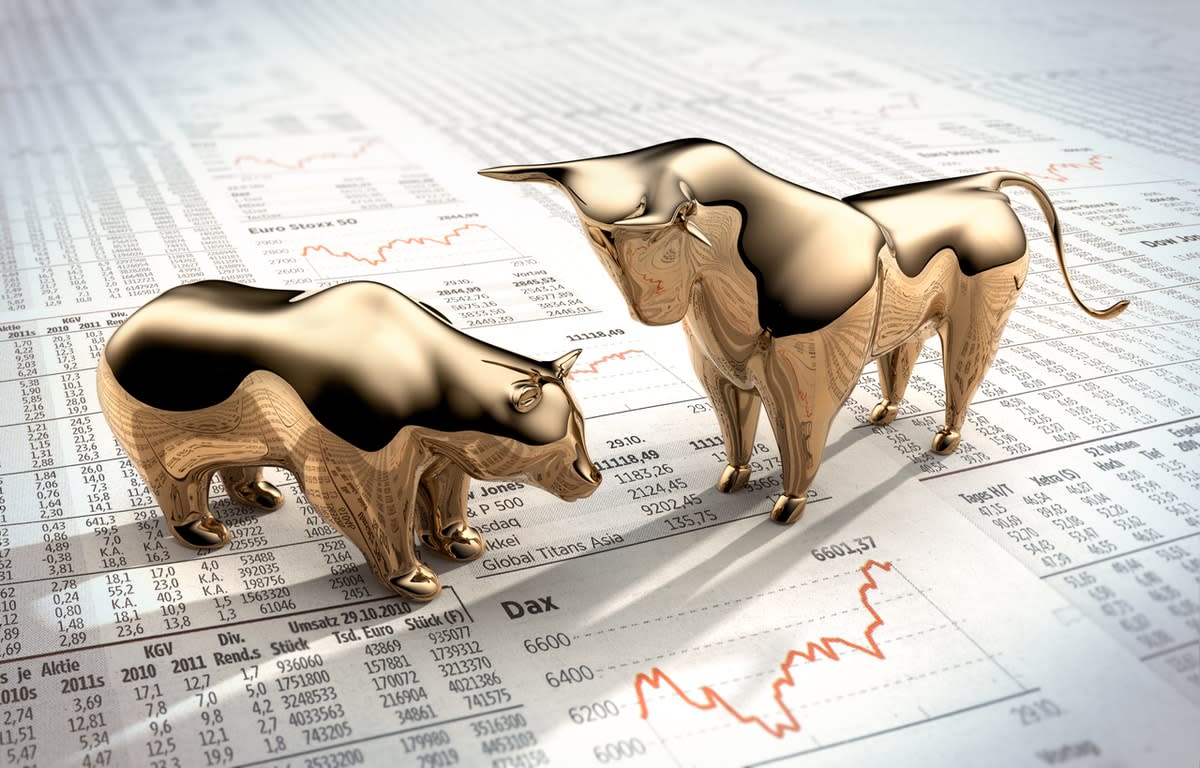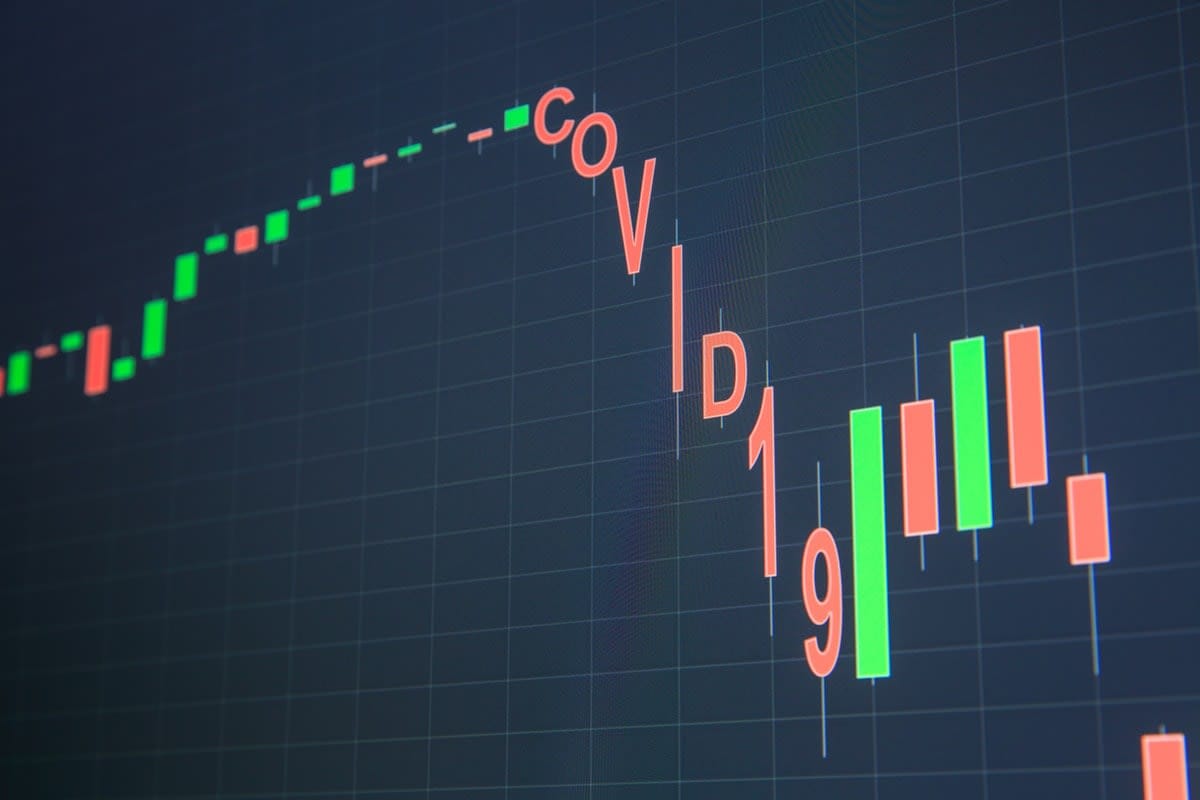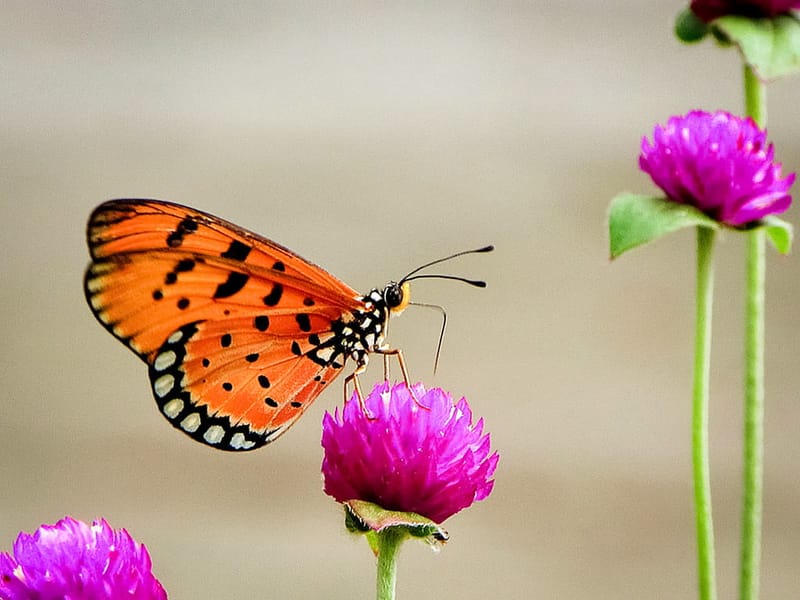
Since COVID-19 stopped the world, the stock market has fluctuated wildly, from despair to hope and back again.
Mathematician and financial researcher Hasan Fallahgoul saw the volatility as a research opportunity. Would it be possible to find a useful investment pattern in the chaos?
To find out, he analysed almost 3.7 million messages posted in the US to StockTwits– a social media platform used by investors – between 30 November, 2019, and 31 March, 2020. Dr Fallahgoul found that on 23 March, when the US market reached its lowest point, disagreement between optimists and pessimists, the bulls and the bears, was at its most intense.
“If I want to invest based on the relationship between the disagreement and price process on March 23, I would take long positions in stocks that just had the highest disagreement," Dr Fallahgoul said.
For the previous two years, Dr Fallahgoul had been devising investment tools that took into account the impact of climate change on the market over the long term. He saw the COVID-19 pandemic as a way of testing those tools.

Dr Fallahgoul realised that predicting the long-term impacts of climate change on investments was impossible because so many variables were at play – the impact of technological changes, policy developments, geopolitics, grassroots activism, natural catastrophes, and so on. “So I said, ‘OK, 20 years from now, you will never know what will happen to this planet’.”
But he could monitor short-term market fluctuations and develop a strategy based on these. “By using a short-term strategy, month by month, I can hedge myself against what might happen in the long-term.”
To this end he examined 75 policy documents relating to climate change, from climate institutes, the UN, government agencies, and so on. From these he assembled a “climate change vocabulary list”. He then analysed messages on the StockTwit social media platform, which he describes as “Twitter for investors”, looking for the words from his list while monitoring movement in the market.
“When you enter the domain of high volatility, it will be active like this for a couple of years.”
If the word “carbon” was mentioned frequently, for example, that might indicate a drop in the value of energy stocks. But would the method work in a crisis? The COVID-19 pandemic allowed Dr Fallahgoul to monitor a volatile market and an unpredictable global event at the same time, using StockTwits as a source of information.
He says that market volatility happens for two reasons: because investors and speculators have different information about the same company; and because they interpret the information in different ways.
“For example, I sell Apple company shares, and you buy them,” he says, giving an example of speculative activity. “I'm selling because I expect the price to drop, right? You buy because you expect the price to be raised.”
The bears versus the bulls
Since COVID-19, the market has been bullish and bearish – some stocks, in the health sector for example, have been bullish, whereas others, such as financial companies, have been bearish.
“I was interested in investor behaviour, especially the sentiment, the disagreement among the investors,” Dr Fallahgoul says. “First of all, has it really dramatically changed? Secondly, which type of investors are more panicked, and which are not? Thirdly, what is the source of disagreement?”
On 19 February this year, US market reached the highest point in its history. By 23 March it had dropped by 20 per cent. (By comparison, the market dropped by 8 per cent during the Global Financial Crisis.) Historically, a comparable period to the 2020 fluctuations was Black Monday, when the US stock market crashed by 23 per cent on 19 October, 1987.
After the 2020 crash, the market has already seen “a dramatic recovery”, regaining about half its value, “but it’s still fluctuating a lot”, Dr Fallahgoul says. “We are seeing high volatility, or what we call volatility clustering,” he says. “When you enter the domain of high volatility, it will be active like this for a couple of years.”
The volatility reflects the multiple uncertainties affecting the global economy. The course of the pandemic itself remains unknown; China’s response, the unrest in Hong Kong, and the impact on world trade are wildcards; so is the political turmoil in the US during an election year.

Yet despite these imponderables, Dr Fallahgoul believes that the market is tending towards optimism overall – he predicts that the downward trend will be temporary, and followed by a recovery.
“Unemployment in Australia is, I think, about 10 per cent, so it doubled in one month. In normal times it takes years to get to that point, but a lot of the unemployment is people who work in the cafes, and so on, so if the lockdown is removed, those people will be back in a job.”
Big players still likely to thrive
Although uncertainty remains high for certain industries – airlines and tourism, for example – he’s confident that the world’s largest companies, such as Apple, Google, and Amazon, will continue to trade and to make profits. “I can’t imagine that they will disappear.”
The stock market is affected by what happens in the world, and a formula has not yet been devised that can predict the future, he says.
Nevertheless, Dr Fallahgoul is willing to make a short-term call on the future of your super balance. Now is not a good time to retire, he says. But if you can hold on, your super should have recovered substantially in about two years.





